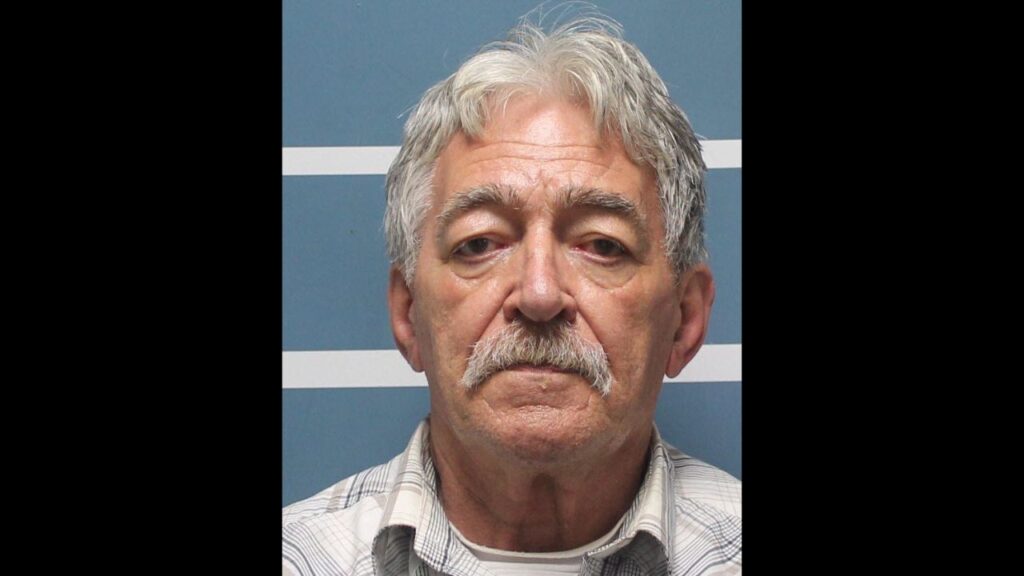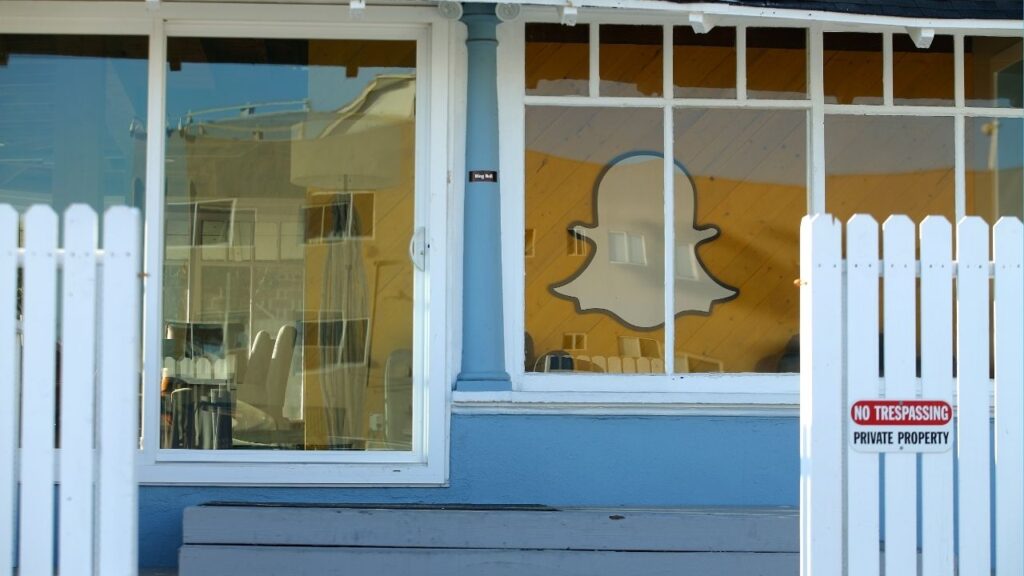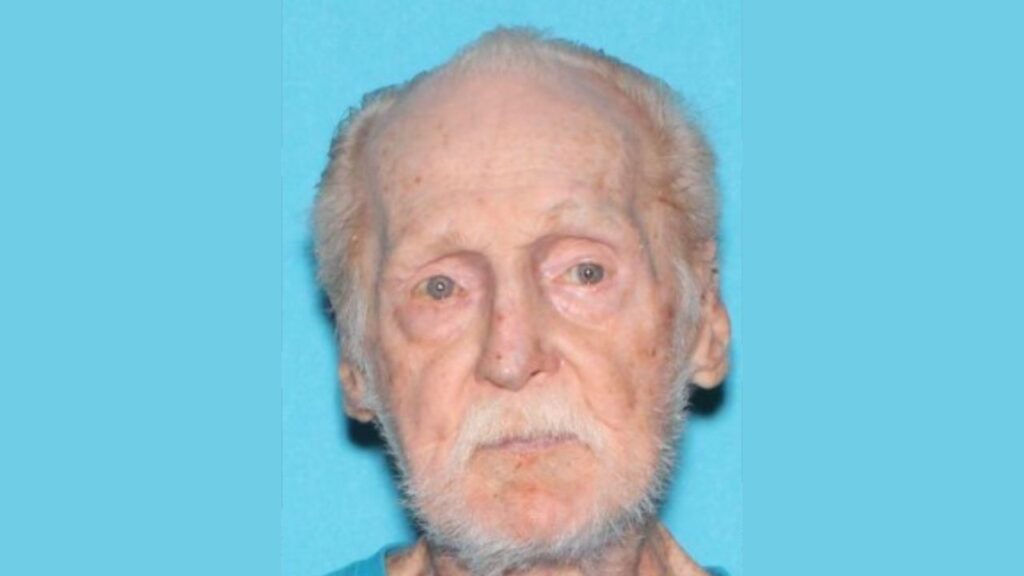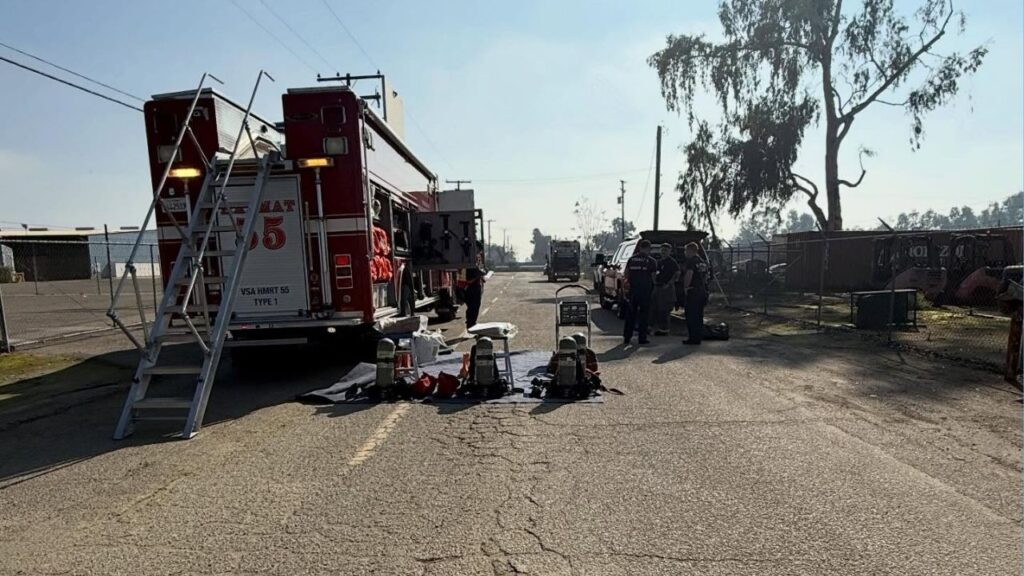A new Fresno State study shows job growth in south Fresno is down despite the area's boom in distribution hubs. (GV Wire Composite/Paul Marshall)

- South Fresno residents have not enjoyed the job benefits of having huge distribution hubs in their neighborhoods, a study concludes.
- Their quality of life has actually gotten worse with the increase in air pollution and traffic.
- Existing communities need to have a voice in plans for their future.
Share
|
Getting your Trinity Audio player ready...
|
Once a quiet countryside neighborhood east of Highway 41, the area of Orange and Central avenues in south Fresno is now at the center of an industrial boom, home to both an Amazon fulfillment center and Ulta Beauty distribution center. While some say it means good business for the local economy, others who live in the area say it is affecting their health and quality of life.
Panfilo Cerillo, a resident of south Fresno, grew up in the small neighborhood that overlooks the two centers. As a young child, he has vivid memories of walking to Orange Center Elementary School down the block from his home. Today, he said it’s no longer safe for his grandkids to do the same.
“The heavy-duty trucks coming and going from these facilities not only threatens our safety, but the dirt and dust they kick up and the pollution they release into our air threatens our health,” Cerrillo said. “We take care of my grandchildren, and they’re not allowed to walk to school anymore because of all the traffic. My wife’s asthma gets worse every year, and now I have two grandchildren who are also impacted by the quality of air.”
Researchers with the Central Valley Health Policy Institute at Fresno State, along with the Leadership Counsel on Justice and Accountability, examined the economic, environmental, and health impacts of south Fresnans for their latest data brief, “Fresno Economy and the Environment.” They discovered that, even with developing businesses in south Fresno, job growth in the neighborhoods that surround the Amazon and Ulta hubs has not improved. In fact, it has gotten worse.
“What we found is that for people who live and work in this area of south Fresno, jobs have decreased, where one would expect they would go up if these centers are actually hiring people who live in this area,” said Dr. Emanuel Alcala, assistant director of the Central Valley Health Policy Institute and lead investigator for the study. “It turns out, jobs are actually increasing for people who live outside of this community.”
Employment Stats Compared
Funded by the Kresge Foundation, the study compared the change in employment from two time frames, 2015 and 2020 – before the two centers were built and after.
In the study, a few key findings were revealed:
- The proportion of those who are both living and employed in these communities decreased by 75% (for those near the Ulta Distribution Center) and 12.2% (for those near the Amazon Fulfillment Center) within the past five years, in spite of the new job centers.
- Diesel particulate matter emissions, from large trucks and vehicles coming and going from these centers (65% and 35%, respectively), are at much higher levels compared to north Fresno (26%)
- Those living near the Amazon fulfillment center, in particular, are at the 87th percentile in low life expectancy, which pales in comparison to more affluent areas like north Fresno, where life expectancy is considerably higher (15th percentile).
- Those living in close proximity to both centers tend to have greater travel barriers than residents in other parts of the city, as it relates to average cost and time spent commuting.
Researchers said these economic job barriers, combined with already low life expectancy and high pollution rates in the area, highlight a growing issue in the community.
“Public health research has demonstrated a clear connection between economic opportunity and health,” Alcala said. “Where economic opportunity exists, the health of the community thrives. Unfortunately, in this community, the opposite is true. Where economic opportunity is lacking, the health of the community is negatively impacted. Southwest Fresno is a community inundated with negative social and environmental circumstances that puts the community at great risk for poor health. It is imperative to introduce strategic and effective economic opportunities within these communities.”
South Fresno’s Economic, Health Inequities
The Central Valley Health Policy Institute has been studying socioeconomic and health inequities in south Fresno for over 10 years. In its study, “The Place,” it was determined that ZIP code affects life expectancy, and, in order to have access to a healthy lifestyle, sustainable jobs and clean air were necessary. South Fresno has historically been among the most disadvantaged communities in the city.
Ivanka Saunders, regional policy manager for the Fresno division of the Leadership Counsel on Justice and Accountability, and her team have worked closely with the Central Valley Health Policy Institute on these issues for years. To create a better economy for Fresno, Saunders said, all communities need to be considered.
“For decades, south Fresno communities have been treated as a dumping ground for discriminatory patterns and practices of industrial pollution disguised as economic growth,” Saunders said. “Existing communities must have a voice in plans for their future and any plans that negatively impact their quality of life must have protections and benefits for residents built in. Future planning cannot continue to place heavy industrial uses up against homes, schools, and other community amenities.”
RELATED TOPICS:
Categories


















